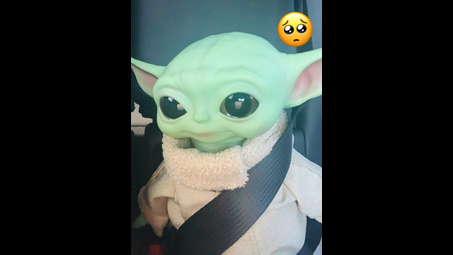hi my name is Chasity im a freashmen in high school. this is the answer:
Control means a factor which remains the same and doesn't change while variable is the other thing which can vary according to situation.
hope that helped.
Everything in an experiment that can change in some way is a variable. The goal is to have a completely controlled environment where the only changing variables are the dependent and independent variables but often other variables change too.
Experiments must have variables because otherwise there would be nothing to test in the experiment. In an experiment, it is the change in one variable that you are measuring.
Add your answer:
What does scientific methodology involve?
Scientific methodology involves formulating a hypothesis, designing experiments to test the hypothesis, collecting data through observation or experimentation, analyzing the data to draw conclusions, and communicating the results to the scientific community for peer review. This process helps ensure that scientific findings are reliable, reproducible, and objective.
Is it possible to prove a hypothesis by conducting rigorously controlled experiments?
Rigorously controlled experiments can provide evidence to support or refute a hypothesis, but they cannot definitively prove a hypothesis. Scientific hypotheses are continually evaluated, refined, and occasionally rejected based on new evidence and further experimentation.
When did people start doing proper experiments?
People began conducting proper experiments around the 17th century with the advent of the scientific method. This marked a shift towards systematic and controlled investigations to test hypotheses and theories. Scientists like Galileo and Newton were pioneers in using experiments to better understand the natural world.
The formation of hypotheses that is central to the scientific method is an activity involving?
The formation of hypotheses in the scientific method involves generating testable explanations or predictions based on observations or prior knowledge. It is a critical step in setting up controlled experiments to investigate the validity of the hypothesis and ultimately draw scientific conclusions.
What is the name of a place where scientific experiments are performed?
laboratory
How are variable and controlled parameters are used in scientific experiments?
by ****** your mom XD
What is a Logical approach to solving a problem?
scientific method...
What is always a part of the scientific method controlled experiments or data collection?
data collection
Investigatory project in Chemistry?
Experiments provide answers to scientific hypotheses. Experiments must be closely controlled in order to come up with an accurate result.
How does experimenting relate to science?
scientists run experiments in a controlled environment to test hypotheses in the scientific method
Where do most scientist do experiments?
Most scientists conduct their experiments in laboratories, which are controlled environments specifically designed for scientific research. These labs can be found in various settings such as universities, research institutions, and private companies.
How do scientist develop scientific explanations about subjects that are impossible to study through controlled experiments?
Scientist use models
How do scientists develope scientific explanations about subjects that are impossible to study through controlled experiments?
Scientist use models
How do scientist develop scientific explanations about subjects that are impossible to study through controlled experiments.?
Scientist use models
How do scientists develop scientific explanations about subject that are impossible to study through controlled experiments?
Scientist use models
How do scientists develop scientific explanation about subject that are impossible to study through controlled experiments?
Scientist use models
How do scientists develop scientific explanation about subjects that are impossible to study through controlled experiments?
Scientist use models

